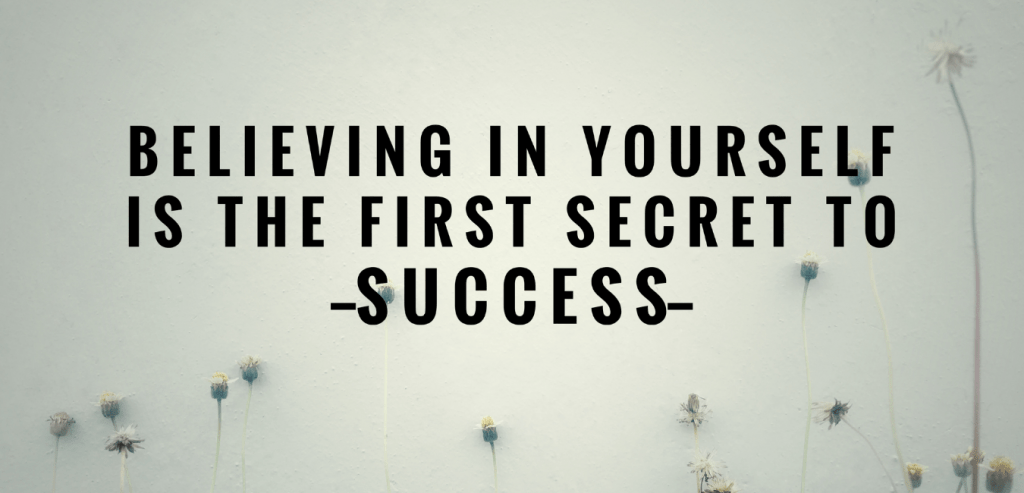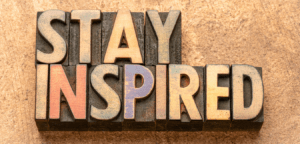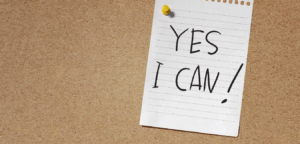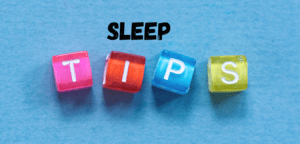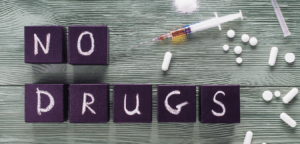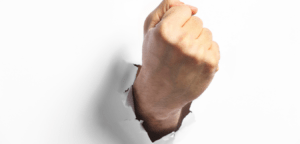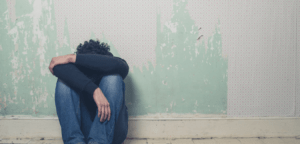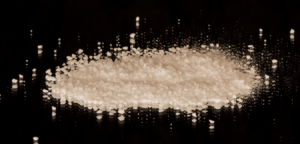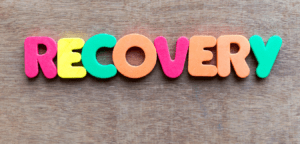After you go through detox and rehab and prepare to reenter the world, it can be difficult to know what’s next.
For so long, your life has centered around drugs or alcohol, but when you have the opportunity to redo everything from scratch, it can be difficult to know how or where to begin. To help you stay sober, we’ve taken some common concerns about life after recovery and responded with advice from experts and people who have been in your shoes.
How can I repair the damage I’ve done at work?
When a substance use disorder has taken up your energy for a long period of time, it’s possible that your job performance suffered. Spending your time focusing on work can give you a renewed sense of worth and a way to fill your time.
Remember, though, that being a workaholic can be unhelpful, too. You can easily burn yourself out or become so stressed that you turn back to substances to cope. Also, if you became unemployed while you were using, look at the section titled “How do you find a job after entering recovery?”
Where can I find a sense of community?
Groups like Alcoholics Anonymous (AA), Narcotics Anonymous (NA), SMART Recovery, or other meetings can provide solace and a feeling of community on a regular basis. This way, you don’t feel as if you’re alone in your struggles or experiences. AA and NA will also help you find a sponsor, someone to turn to when you’re fighting cravings. Once you feel competent enough, you can also sponsor someone else, which many people find to be helpful with their own sobriety.
What kinds of activities can take the place of drugs in my life?
However, your whole life can’t revolve around work and recovery. You also have to have fun, which is still possible without substances. As Meredith says, “My idea of fun continues to change as I try different things and have new life experiences. I usually have the most fun with other people, doing things like playing volleyball, listening to live music, going on bike rides, playing board games, going to improv shows or the movies, bonfires, swimming, and taking day trips out of town. I am able to have fun when I am alone too, doing things such as yoga, baking, and do-it-yourself crafts. Ultimately, though, fun is about your attitude. I could probably have fun doing anything if I was with the right people and had a positive mindset or attitude.”
The rapper Eminem also battled with a substance use disorder that centered around painkillers. After he went through detox and entered recovery, he had trouble sleeping without using drugs. He began to run 17 miles per day and using exercise DVDs, too. This approach could work for you as exercise creates the endorphins that substances once supplied, and, if you join a class of some sort, you have access to a new social circle.
Do I need to drop my friends who use?
Ultimately, this is your decision. You’re the only one who can choose whether or not it’s in your best interest to spend time with people who continue to use. But bear in mind that a third of people in recovery relapse due to pressure from others.
Also remember that people who still use might not like that you’re in recovery. They might feel rejected or guilty, and dealers won’t want to lose your business. If you do decide to keep seeing people who use, there are certain facts to keep in mind and certain skills you’ll have to practice:
- People who know you’re in recovery and continue to offer you substances do not have your best interest at heart.
- Learn how to say “no” immediately and convincingly.
- Practice saying “no” with a loved one in a way that doesn’t invite follow-up questioning (as in “maybe later” or “I can’t — I’m on medication.”
- Change the subject so the conversation doesn’t remain on drugs.
Chad, a person in recovery, also mentioned, “I’m surrounded by the greatest sober friends who love me for the person I am, and we have a lot of fun together,” which can help remind you that a social community can exist outside of substance use.
The rapper Eminem also battled with a substance use disorder that centered around painkillers. After he went through detox and entered recovery, he had trouble sleeping without using drugs. He began to run 17 miles per day and using exercise DVDs, too. This approach could work for you as exercise creates the endorphins that substances once supplied, and, if you join a class of some sort, you have access to a new social circle.
How do you repair your relationships?
When you have a substance use disorder, your relationships (romantic and otherwise) will suffer. To mend them in your time of recovery, consider involving your loved ones in your treatment. Research has shown that when you do, the treatment itself can be more successful.
It’s also important to remember that substance abuse disorders result in a loss of trust. To repair the relationship, you have to repair the trust. It will take time, and the amount of time varies from person to person.
Which living environment is best?
When you enter recovery, it may be to your benefit to try moving into a sober living environment. Studies have shown that people living in such a house for a long period of time (between 15-17 months) saw higher attendance in educational settings, more days spent working, and more days spent taking necessary medications. Other studies have shown that the better your life in recovery is, the less likely you are to relapse.
Now that you know what has worked for others, you can apply it to your own life, taking what best fits you or what you’d like to try. Although life past addiction can be intimidating, hopefully now you can move forward with improved confidence, ready to fill your blank slate with new meaning.
Credited To: Therecoveryvillage

